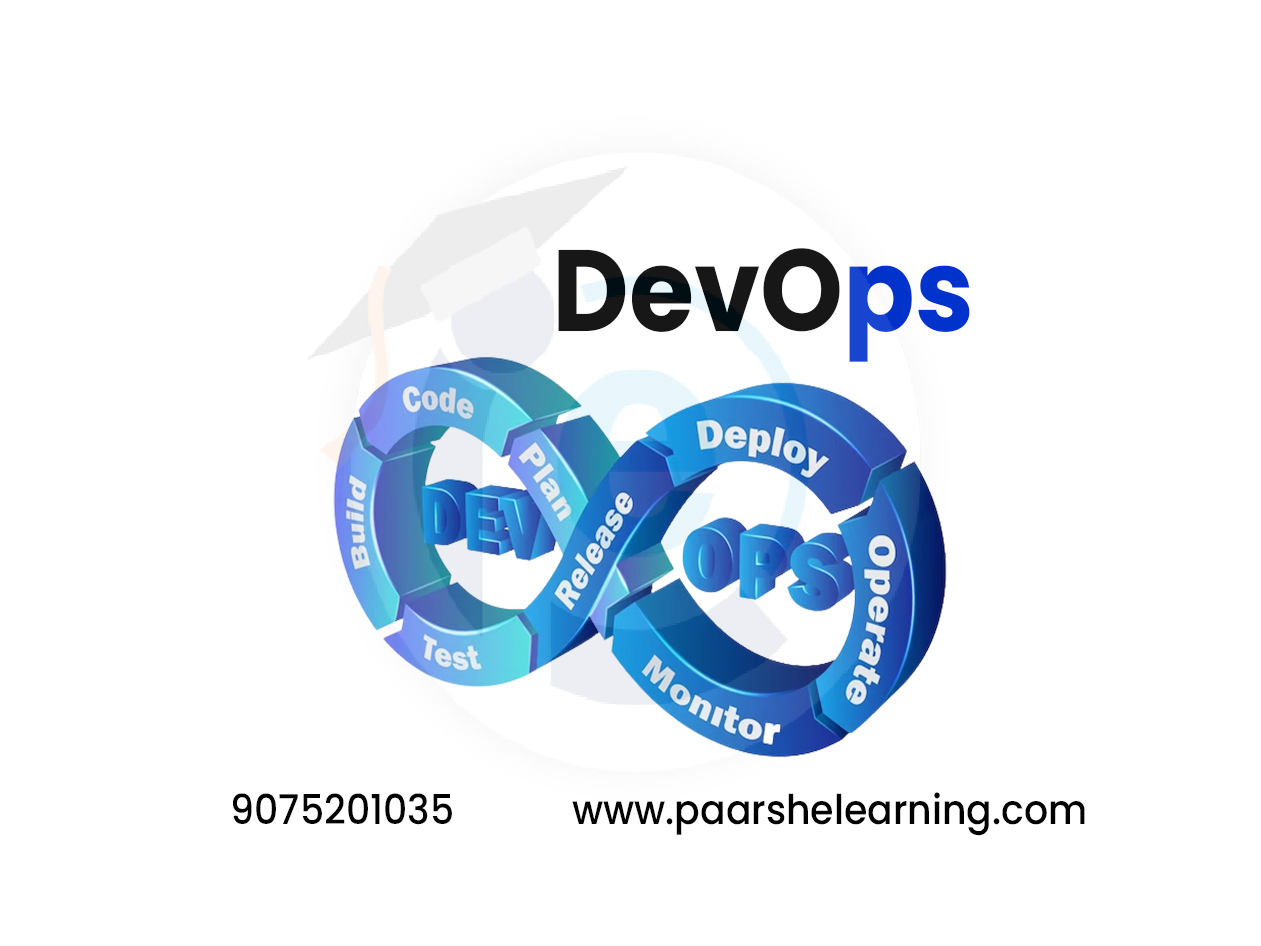- Introduction to DevOps: This section covers the fundamentals of DevOps, including its principles, benefits, and its role in the software development lifecycle.
- Continuous Integration and Continuous Deployment (CI/CD): This section covers how to automate the build, test, and deployment process using popular tools such as Jenkins, GitLab CI/CD, and Travis CI.
- Infrastructure as Code (IaC): This section covers how to manage infrastructure using code, including tools such as Ansible, Terraform, and Chef.
- Containerization and Orchestration: This section covers containerization using Docker, container orchestration using Kubernetes, and container registry management using Docker Hub and other popular container registries.
- Monitoring and Logging: This section covers how to monitor and log application and infrastructure performance, using tools such as Prometheus, Grafana, and ELK stack.
- Cloud Computing: This section covers cloud computing concepts, including infrastructure services, platform services, and software services, as well as popular cloud platforms such as Amazon Web Services (AWS), Google Cloud Platform (GCP), and Microsoft Azure.
DevOps
Course description
DevOps is a set of practices that combines software development (Dev) and IT operations (Ops). The goal of DevOps is to shorten the system development life cycle while delivering features, fixes, and updates frequently in close alignment with business objectives.
To become a DevOps engineer or practitioner, you would need to have a strong understanding of software development, IT infrastructure, and operations. Some key areas of knowledge include:
- Continuous Integration and Continuous Deployment (CI/CD) pipelines
- Containerization and container orchestration tools (e.g. Docker, Kubernetes)
- Cloud platforms and services (e.g. AWS, Azure, GCP)
- Automation and configuration management tools (e.g. Ansible, Chef, Puppet)
- Monitoring and logging tools (e.g. ELK stack, Prometheus, Grafana)
- Collaboration and communication tools (e.g. Slack, Jira, Confluence)
It's also important to have strong problem-solving and analytical skills, as well as the ability to work collaboratively and communicate effectively with teams across different departments.
What you will learn from this course?
This course includes!
- Daily Live session
- A recorded session with problem-solving material
- Access on Mobile and TV
- Certificate of completion
- Recommendation Letter
- 100% Job Placements
This course is for
- . This course is designed for software developers, operations professionals, IT managers, and anyone else interested in learning about DevOps concepts, practices, and tools. It is suitable for beginners who are new to DevOps, as well as experienced professionals looking to update their skills and stay current with industry trends.
Prerequisites for this course
- Operating systems: Linux/Unix administration and networking.
- Automation: Scripting languages such as Bash, Python, or Ruby and knowledge of automation tools like Ansible, Chef, or Puppet.
- Continuous Integration and Deployment (CI/CD): Knowledge of build tools such as Maven, Gradle, or Ant and CI/CD tools like Jenkins, GitLab CI/CD, or Travis CI.
- Cloud computing: Understanding of cloud technologies and platforms such as AWS, Azure, or Google Cloud.
Devops Syllabus
-
Introduction To Devops
Understanding the need for DevOps in modern software development Evolution of DevOps and its key principles Benefits of implementing DevOps practices Overview of the DevOps lifecycle and its stages
-
Version Control And Collaboration Tools
Introduction to version control systems (Git, SVN) Using Git for code versioning and collaboration Branching and merging strategies
-
Continuous Integration (ci)
Introduction to Continuous Integration (CI) principles Building and automating code integration processes Setting up CI pipelines using tools like Jenkins or GitLab CI/CD Automated testing and code quality checks in CI
-
Continuous Delivery (cd)
Understanding Continuous Delivery (CD) and its significance Automating deployment processes using CD pipelines Implementing CD pipelines for different environments (staging, production) Strategies for zero-downtime deployments
-
Configuration Management
Introduction to configuration management tools (Ansible, Puppet, Chef) Automating server provisioning and configuration Infrastructure as Code (IaC) concepts and practices Managing infrastructure and application configurations
-
Containerization And Docker
Introduction to containerization and its advantages Using Docker for creating, deploying, and managing containers Docker images, containers, and Dockerfile Container orchestration tools like Kubernetes and Docker Swarm
-
Monitoring And Logging
Importance of monitoring and logging in DevOps Implementing monitoring solutions using tools like Prometheus Aggregating and visualizing logs with tools like ELK stack (Elasticsearch, Logstash, Kibana) Identifying and resolving performance issues
-
Infrastructure As Code (iac)
Principles of Infrastructure as Code (IaC) Using tools like Terraform to define and provision infrastructure Automated provisioning of cloud resources and environments Versioning and managing infrastructure code
-
Devops Culture And Collaboration
Building a DevOps culture and collaborative environment Cross-functional teams and communication practices Emphasizing collaboration between developers and operations Continuous learning and improvement in DevOps teams
-
Security In Devops
Integrating security practices into the DevOps pipeline Implementing security scanning and vulnerability assessments Secure coding practices and code reviews Compliance and regulatory considerations in DevOps
-
Cloud-native Devops
Leveraging cloud services for DevOps practices Serverless computing and event-driven architectures Cloud-native tools and services for scalability and resilience
-
Final Project And Deployment
Students work on a final project that demonstrates their DevOps skills Building an end-to-end DevOps pipeline for a sample application Implementing CI/CD, automation, monitoring, and security practices Deploying the application to a cloud environment
-
Paarsh E-Learning encourages hands-on labs, real-world scenarios, and practical assignments throughout the course to reinforce students' understanding of DevOps practices. Cover both theoretical concepts and practical applications to provide a well-rounded learning experience.
